Primary Emotions vs Basic Emotions
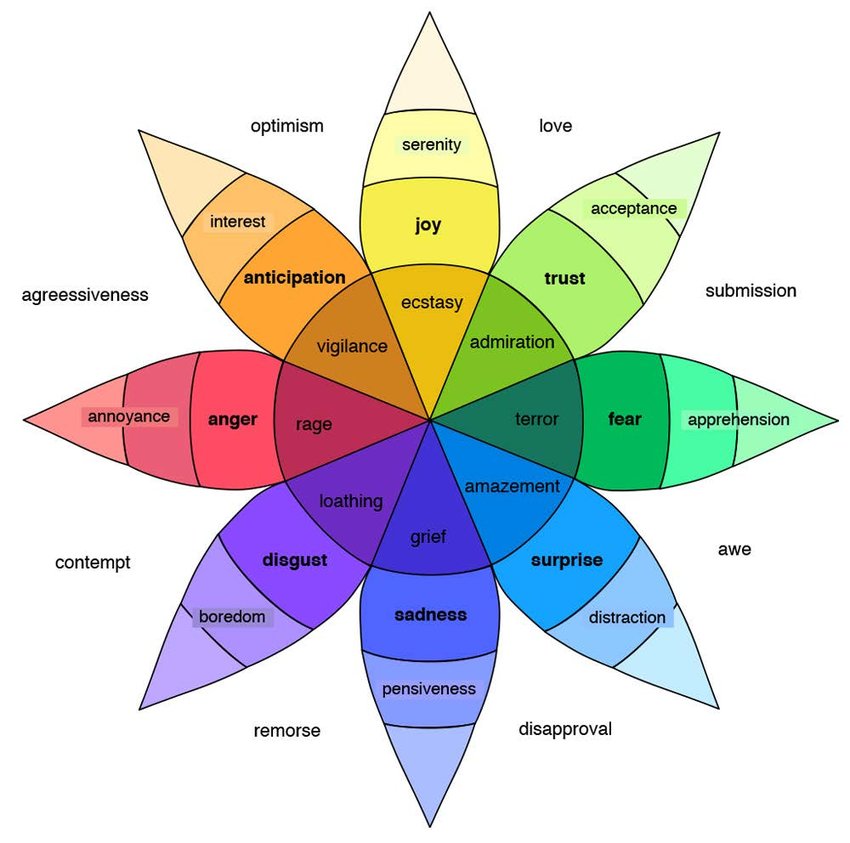 Many people don’t distinguish between primary and basic emotions to categorize different types of emotions. In fact, some scientists do not distinguish between them either.
Many people don’t distinguish between primary and basic emotions to categorize different types of emotions. In fact, some scientists do not distinguish between them either.
You may know of a well known emotion theory by a psychologist named Robert Pluchik.
Pluchik had a well known emotion wheel where he described emotions. He termed emotions primary but he also referred to them as basic.
Paul Ekman and other scientists talked about basic emotions, but not necessarily primary emotions.
Many people interchange the two terms and interchanging occurs across different scholars and writers.
Basic Emotions: Elemental Emotions
 Dr. Matsumoto prefers to use the term “basic” to refer to “basic emotions” because the term “basic” refers to those emotions that can be considered elemental.
Dr. Matsumoto prefers to use the term “basic” to refer to “basic emotions” because the term “basic” refers to those emotions that can be considered elemental.
That is, basic emotions are the most rudimentary set of emotions that exist in humans.
Dr. Matsumoto also likes the term “basic emotions” because if you consider them to include elemental or rudimentary set of emotions, they allow one to consider how they can combine with other emotions.
In addition, basic emotions can combine with cognitions or contexts to produce other emotional experiences that we have in human life and that we label in language.
For example, extreme sadness when experienced at a death of a loved on or a funeral may be called grief or mourning. Anger and sadness that occur when we perceive one of our loved one as coveted by someone else may be called jealousy.
In this way, having a concept called “basic emotions” allow us to consider how other somewhat more complex emotional states and experiences that are actually mapped in language can be produced when they combine with other emotions or other cognitions or other contexts.
Basic emotions they refer to an elemental set of emotions that allow us to think about how those emotions are used in combination with other emotions, cognitions or contexts to map our emotional life in language.
It is important to note that different scholars have different specific emotions in whatever list they consider basic and we have a separate blog about that.
Primary and Secondary Emotions: Refer to Sequence
 Dr. Matsumoto prefers to use he term primary emotions to refer to sequence because the word primary has a sequential or temporal aspect to it. That is, primary emotions refer to emotions that occur in a sequence.
Dr. Matsumoto prefers to use he term primary emotions to refer to sequence because the word primary has a sequential or temporal aspect to it. That is, primary emotions refer to emotions that occur in a sequence.
Primary emotions refer to the first or initial emotional reactions that a person can have that is triggered in a certain situation.
When thought about in this way, this gives rise to the thought of secondary emotions (emotions that occur next after the primary emotion in a sequence).
Secondary emotions are really interesting to think about because sometimes these emotions may be in relation to the context.
For example, judo athletes may go from sadness about a loss to anger or vice versa. So the initial emotion (sadness) would be the primary emotion and the secondary (anger) would be the secondary emotion.
Secondary Emotions: Reactions about Reactions
 Another type of secondary emotion are emotions that we have about the initial emotional reaction (reactions about reactions).
Another type of secondary emotion are emotions that we have about the initial emotional reaction (reactions about reactions).
For example, some people like the fact that they get afraid. You may know them as sensation seekers- those that like seeing horror movies or go bungee jumping.
Some people are happy about being happy; their secondary emotion to happiness is happiness. These people may be pleasant to be around.
Some other people may like being angry so they’re probably not as nice to be around.
But Dr. M’s main point here is that he thinks of primary and secondary emotions is referring to a temporal sequence rather than compared to basic emotions which refer to an elemental or rudimentary set of emotions.
The post What’s The Difference Between Basic and Primary Emotions? first appeared on Humintell.

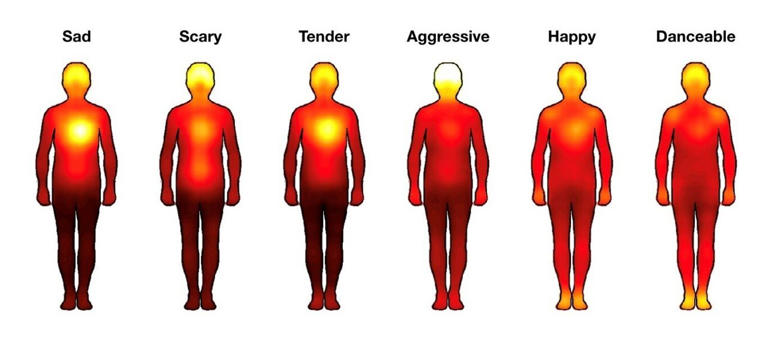
 The idea that
The idea that 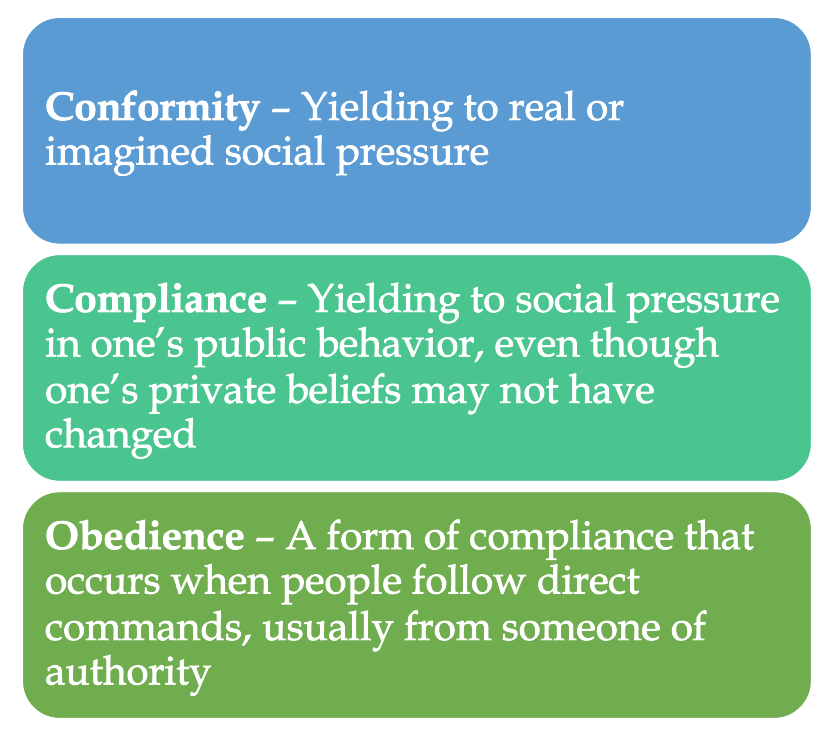
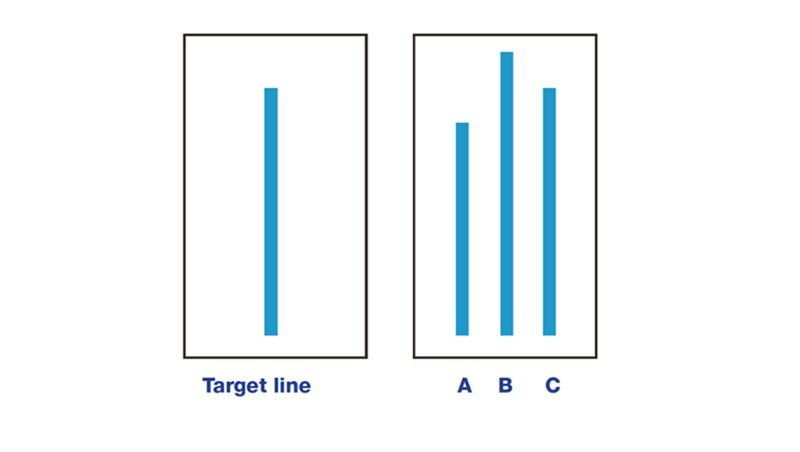 A researcher named Solomon Ash conducted a very well-known set of experiments that are some of the first and classic studies on conformity and compliance.
A researcher named Solomon Ash conducted a very well-known set of experiments that are some of the first and classic studies on conformity and compliance.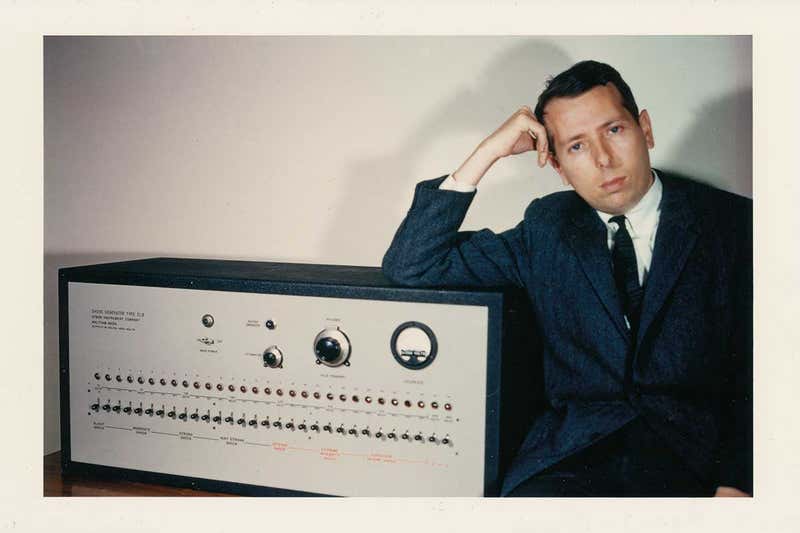 Like the Ash experiments, any people have heard about the Milgram experiments led by Yale psychologist Stanley Milgram.
Like the Ash experiments, any people have heard about the Milgram experiments led by Yale psychologist Stanley Milgram. Cooperation refers to people’s ability to work together towards common goals. Cooperation is necessary in every society and based on unique cognitive abilities, especially a concept called shared intentionality.
Cooperation refers to people’s ability to work together towards common goals. Cooperation is necessary in every society and based on unique cognitive abilities, especially a concept called shared intentionality. When people are in a group and they have a task to do, sometimes individual productivity and motivation is reduced. This concept is called social loafing.
When people are in a group and they have a task to do, sometimes individual productivity and motivation is reduced. This concept is called social loafing.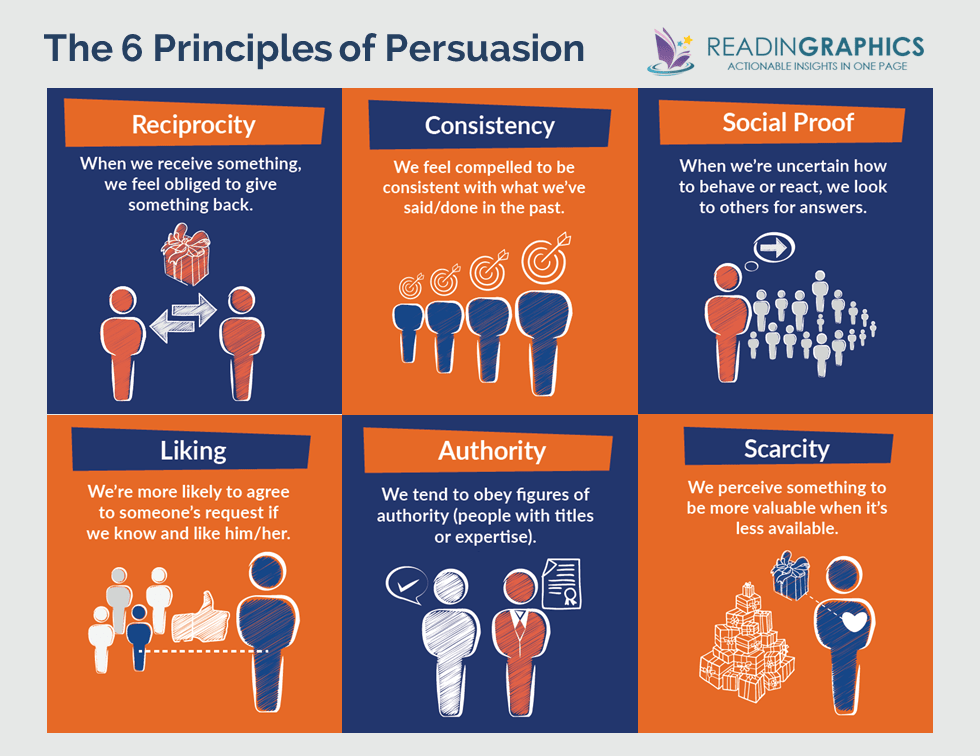 Without a doubt, the most influential psychologist in the area of persuasion and influence is Robert Cialdini.
Without a doubt, the most influential psychologist in the area of persuasion and influence is Robert Cialdini.